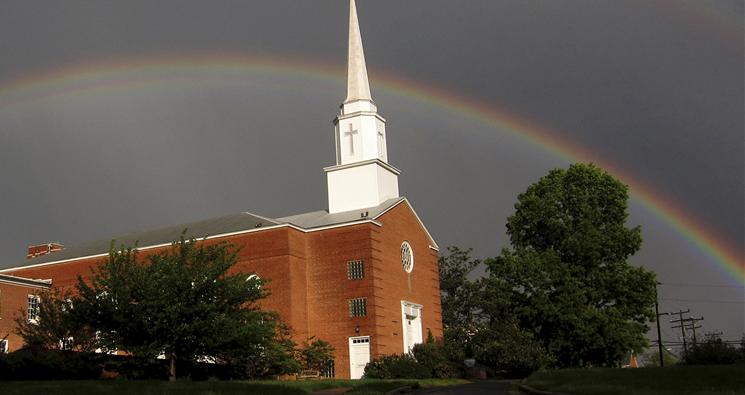Victory for Religious Freedom at Supreme Court
In a unanimous decision, the Supreme Court today issued an important decision representing a tremendous victory for religious freedom.
The high court concluded that courts should not intervene in the workings of churches. The Justices determined that the First Amendment protects the ability of churches and church schools to select their ministerial employees without government intrusion.
Here's the background: The case involved a religiously commissioned teacher who taught in a Missouri Synod Lutheran school but was fired after she became confrontational with the school administration. The federal EEOC and the teacher herself teamed up to sue the church, claiming the church "retaliated" against her for threatening to sue over a medical disability.
A federal district court threw the case out on the grounds that the so-called "ministerial exception" to employment laws barred court review of the retaliation claim. But a federal appeals court reinstated the lawsuit, reasoning that the teacher's religious role and duties were outweighed by her instruction of the students in secular subjects.
The Supreme Court today overturned that appeals court decision. The Court concluded that both the Free Exercise Clause and the Establishment Clause of the First Amendment protects the freedom of churches to select religiously commissioned teachers for their religious grade schools.
In its opinion, the high court concluded: "The interest of society in the enforcement of employment discrimination statutes is undoubtedly important," said Chief Justice John Roberts. "But so too is the interest of religious groups in choosing who will preach their beliefs, teach their faith, and carry out their mission."
"When a minister who has been fired sues her church alleging that her termination was discriminatory, the First Amendment has struck the balance for us. The church must be free to choose those who will guide its way," Roberts added.
We filed an amicus brief in this case on behalf of itself and the InterVarsity Christian Fellowship/USA.
This decision by the Court will generate a lot of interest and analysis. The fact that the Court was unanimous in this decision underlines how an essential part of religious liberty is the principle that churches and synagogues get to select their religion teachers.
Government has no business deciding who should or should not carry out religious ministry, and we're delighted the high court reached that conclusion.
